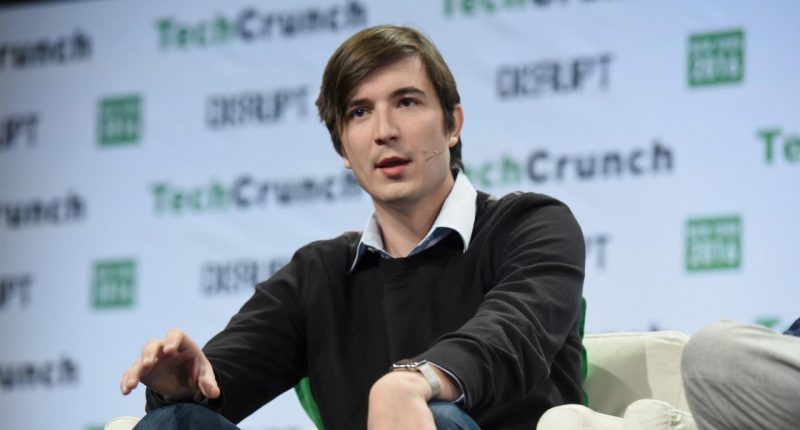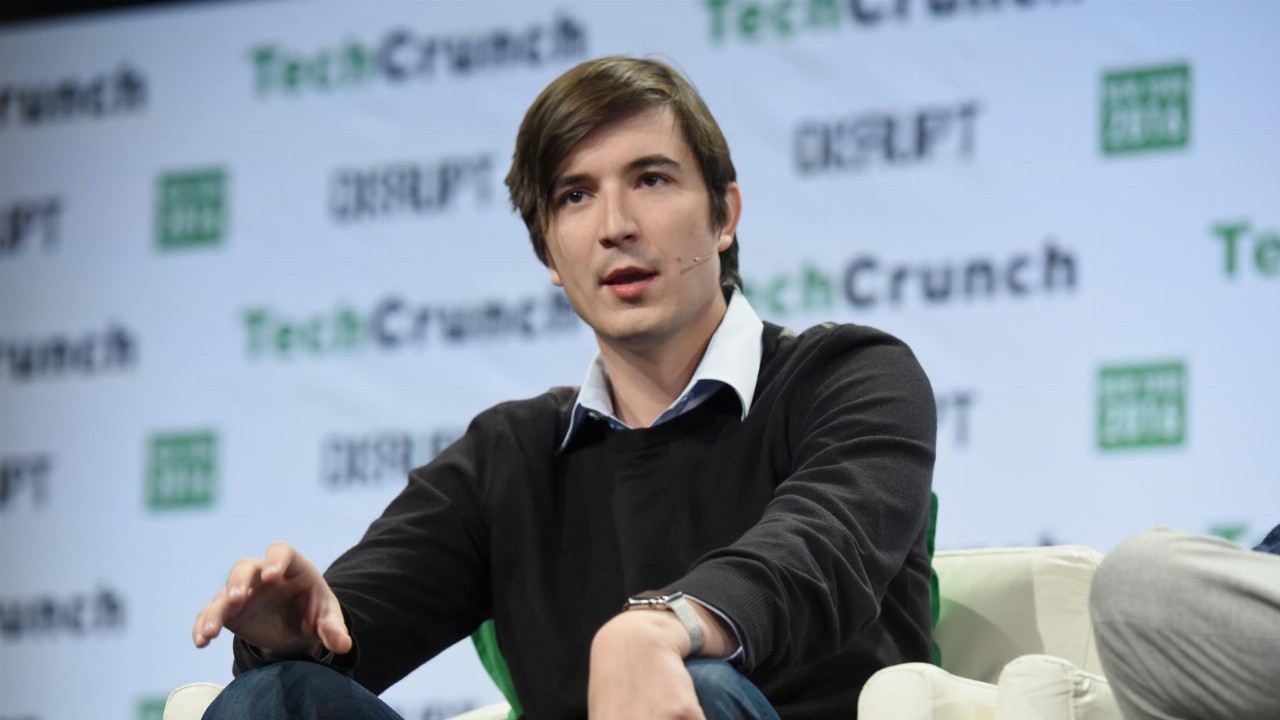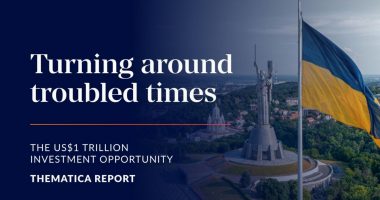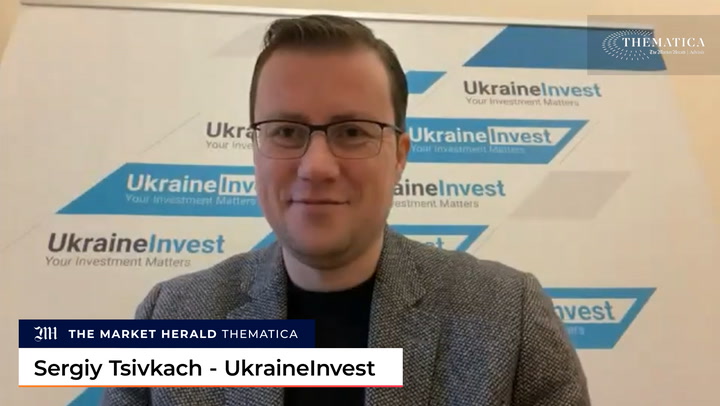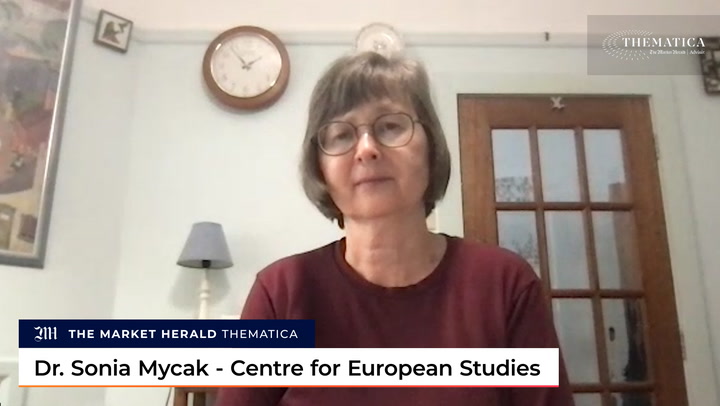- Robinhood Markets Inc has set the stage for its stock market debut, but its IPO filing exposes a number of major risks
- The platform came to prominence earlier this year during the ‘meme stock’ frenzy and is now eyeing an IPO valuation of US$40 billion (A$53.58 billion)
- Despite revenue jumping four-fold between January and March this year, Robinhood reported a loss of US$1.4 billion (A$1.88 billion)
- Robinhood is also facing a number of investigations and has already paid millions in regulatory fines
- Potential changes to payment-for-order-flow (PFOF) — which accounts for 75 per cent of its revenue — could also have an impact
Robinhood Markets Inc set the stage on Thursday for its hotly anticipated stock market debut, just a day after it was fined US$70 million (A$93.77 million) for “systemic” failures.
The controversial trading platform came under fire this year amid January’s ‘meme stock’ frenzy, but now has its eyes set on an IPO valuation of more than US$40 billion (A$53.58 billion), according to Reuters.
However, Robinhood’s IPO filing shows a number of previously unreported regulatory and financial risks, and how the platform’s rapid expansion — driven by a surge in retail investors — has come at a cost.
Despite revenue jumping four-fold between January and March this year, Robinhood reported a loss of US$1.4 billion (A$1.88 billion) after borrowing US$3.5 billion (A$4.69 billion) via convertible bonds to manage a wave of trading orders for just a few stocks — ones that had been shorted by hedge funds but championed by individual investors in online chatrooms, like Reddit’s WallStreetBets forum.
Its botched handling of the trading frenzy quickly drew the wrath of both disgruntled users and US lawmakers, and the authorities that had already been looking into Robinhood’s aggressive marketing strategies had no hesitation in doubling their scrutiny.
An investigation by the US attorney’s office in California even resulted in a search warrant for Robinhood co-founder and CEO Vlad Tenev’s mobile phone.
Earlier this week, the company was fined US$70 million (A$93.77 million) as part of a settlement with US Financial Industry Regulatory Authority (FINRA) who accused it of failing to vet its customers and implement risk controls.
The fine includes US$12.6 million (A$16.88 million) in restitution to thousands of customers and a US$57 million (A$76.35 million) penalty — the largest in the regulator’s history — and covers a range of issues dating back to September 2016.
Robinhood was also sued this year by the family of a 20-year-old trader who committed suicide, after the app’s “misleading communications” caused their son to panic over what he wrongly believed were massive market losses.
But aside from the fines, the company noted in its filing that government probes could result in business restrictions, increased compliance controls, changes to products and services, and brand damage.
Policymakers have been evaluating Robinhood’s core business model, most notably payment-for-order-flow (PFOF), whereby brokers route retail orders to wholesale brokers in return for payment. PFOF and other transaction rebates accounted for 75 per cent of the company’s revenue in 2020.
SEC chair Gary Gensler has said PFOF raises conflict of interest and competition concerns, and he has asked staff to recommend new rules. The regulator is also examining “gamification” — the use of game-like features to encourage trading — as well as other rules regarding liquidity and risk management.
Robinhood said new regulation in these areas could require “significant changes to our business model.” And since its competitors are not as reliant on PFOF, increased oversight of the practice “could have an outsize impact on our results”.

